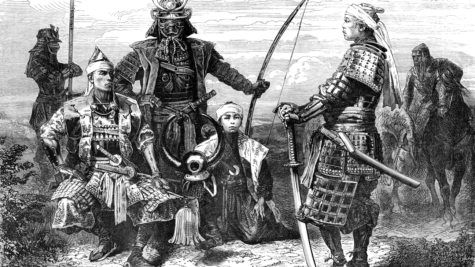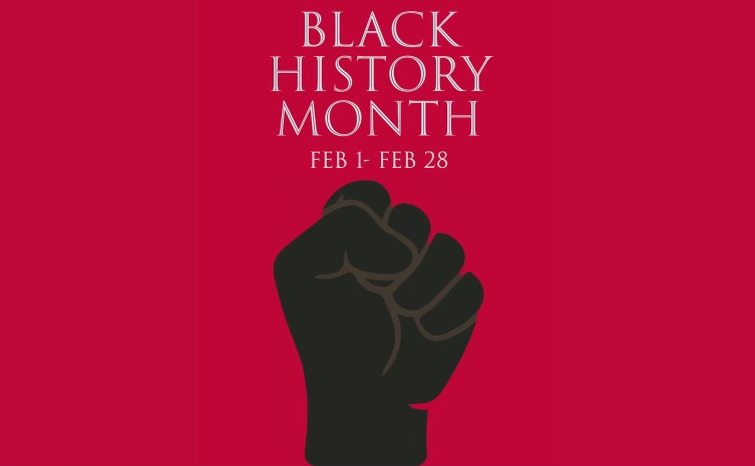Black History Month
February 7, 2023

What do Afro Samurai and Huey from The Boondocks have in common? Both of these characters share traits with the black samurai Yasuke— Huey with his sword affinity, temperament, and the way he carries himself, and Afro Samurai with his honor and skills.
Yasuke himself was a former slave from Brazil who was sent to Japan, from the tribe of Yao. Yasuke arrived in Japan in 1579, under the service of an Italian missionary, who showed him to the locals, who were fascinated with his skin color. Oda Nobunaga, the Japanese daimyō, thinking his skin was doused with ink, made his people scrub him down.
When Nobunaga realized that Yasuke was dark skinned, he took interest in him and his strength. Yasuke was a warrior in the battle of Tenmokzukan, which compelled Nobunaga to have him meet with many local warlords. Yasuke was also given his own short sword as a testament to how strong he was in battle.
He was likely Nobunaga’s only non-Japanese Retainer, which only added to his interest in him. The book “Lord Nobunaga Chronicle” corroborates this, saying “on the 23rd of the 2nd month, a black worker came from the Christian countries, being well built with dark skin.” Once Lord Nobunga committed seppuku (honorable sucide) in June of 1582, Yasuke went to work for his son, Nobutada, but was captured in battle. He was eventually set free, being described as a “non-japanese animal.”
An anime is being developed to commemorate Yasuke’s bravery and will be loosely based on his life story with added sci-fi elements.
Charles R. Drew
Considered the father of the blood bank, Charles R. Drew was one of the first people to push against the racial segregation of blood banks, devloping multiple new methods for blood banks. Drew was born in 1904 to a African-American middle-class family in Washington, D.C. His father, Richard, was a carpet layer and his mother, Nora Burrell, was a teacher. They grew up in Washington’s largely middle-class and interracial Foggy Bottom neighborhood. From a young age Drew began work as a newspaper boy in his neighborhood, daily helping deliver over a thousand newspapers to his neighbors. Drew attended Washington’s Dunbar High School which was well known for its equality and opportunities for all, despite the racial prejudice at the time. Mr Drew lived in Virginia for most of his life, before ww2. He was instrumental in the advancements of blood banks and drives, as well as creating multiple large scale drives, similar to the ones we use today, for any race, allowing many soldiers to get the blood they needed in an efficient manner.

